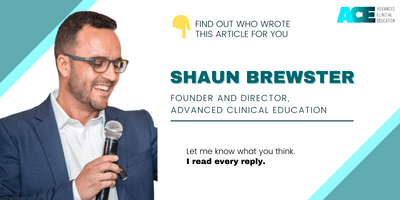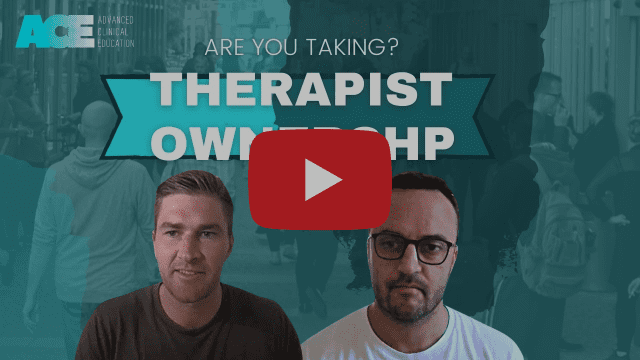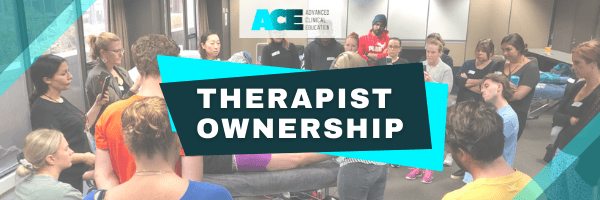Do you take ownership?
Would you agree with this…?
Assuming responsibility in any given situation can be a frightening proposition because that responsibility requires you to be accountable to the outcome being sought.
What “taking ownership” means?
For us in clinical practice, taking ownership means recognising that someone has literally come and placed their time, money and needs in your hands.
It means that they are relying on us to provide them with the answers they seek, a path forward and the confidence that they have chosen the right person.
I’m going to suggest we reframe this “taking ownership” from a frightening or stressful position, to one that is empowering and challenges us to grow.
Everything is OUR fault
When we decide to own the fact that everything is our fault, then we are in a far better position to influence the outcome.
Here is what I mean by “everything is our fault”…
✖ If the patient is NOT compliant with our advice, it is because we didn’t adequately educate them.
✖ If the patient is STILL IN PAIN after several treatments, it is because our treatment was NOT EFFECTIVE.
✖ If the patient presents with a condition we are NOT familiar with, it is because our knowledge is lacking.
Likewise… If the patient has an excellent treatment outcome, that is our fault too. Just as it is our fault if our clinical practice is thriving with appointments and referrals.
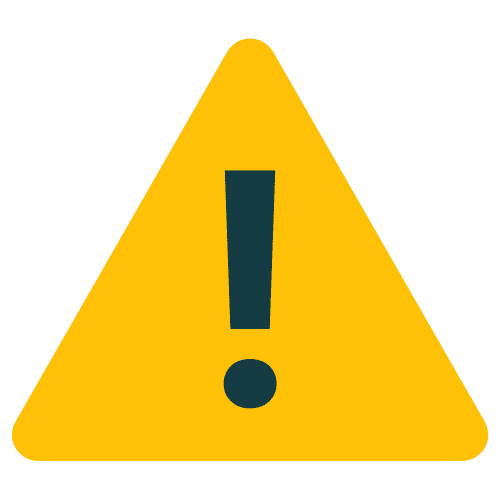
It’s not my responsibility….
We often hear from therapists who believe that certain facets of the patient’s presentation are not their responsibility.
For example, it is not their responsibility to understand neural conditions, or to be able to understand and explain diagnostic imaging reports.
I completely respect the fact that we all have a scope of practice to work within and referring on to someone more suitably trained and qualified is a smart move.
What I don’t accept is that we should simply settle for not knowing things that would make us more effective as clinicians.
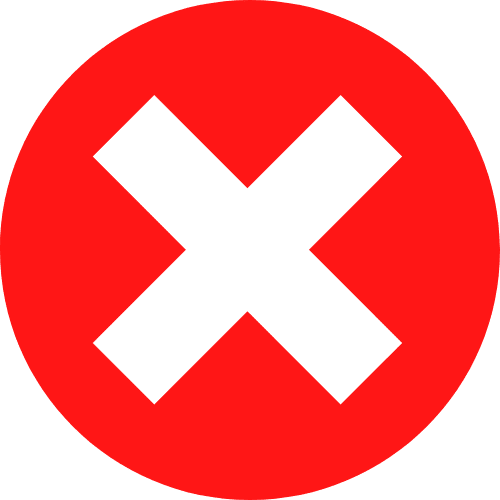
Entry level education is really only…
It is very easy to fall back on the fact that our undergraduate training left us with holes in in our knowledge. This is true for every single one of us, regardless of where we studied or the qualification we have.
The truth is that our entry level education is really only a ticket to get in the front door of the profession, what you do after that will determine if you thrive inside or if you gradually get pushed back out the door.
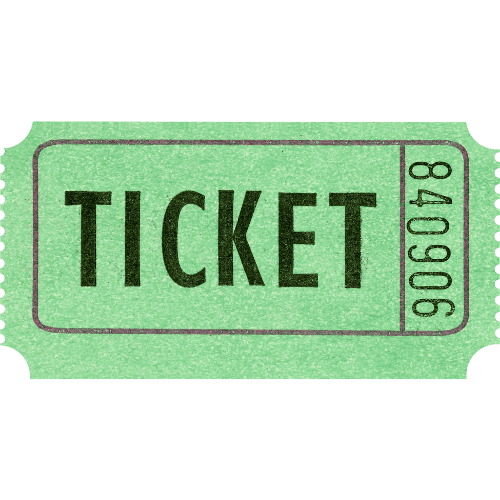
Do YOU know everything after your graduation?
I’ve lost count of the number of incredible therapists I’ve met, who are operating at a level far and above the knowledge and skills that they learned at college / university.
They recognised that they didn’t know everything that their patients needed them to know, so they did something about it.
Ask any therapist who has made a career out of this profession and they’ll tell you that the majority of their most valuable knowledge and ability had come through seeking out answers and developing skills themselves.
☝ The days of passing the buck have gone.
☝ The days of saying “sorry, I never learned how to do that” are gone.
☝ The days of making excuses are gone.
In the world we live in now, everything you would ever want to know or learn is available.
Ask yourself!
Should you refer on to experts in some circumstances…?
Yes of course, but you should at least have a functional understanding of most things so that you can make intelligent decisions and meaningful referrals.
Should you forever aim to increase your knowledge and skill so that you can be at the very top of your game…?
Yes of course, and not just for your patients, but for yourself. There is nothing more satisfying in your professional life than knowing you are doing your best work every day.
So let’s make this our mission.
NO excuses – Complete ownership.
The highest expectations of ourselves, so that we can provide the highest quality service to our patients.
Shaun Brewster.
